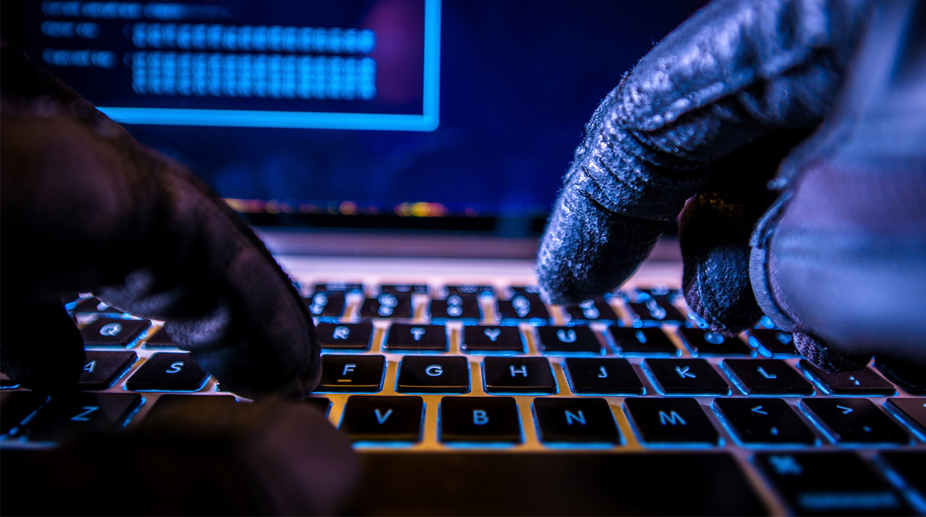A cyber-attack that hit 150 countries since Friday should be treated by governments around the world as a "wake-up call", Microsoft has said.
The computing giant said software vulnerabilities hoarded by governments had caused "widespread damage", the BBC reported.
Advertisement
A statement from Microsoft President and Chief Legal Officer Brad Smith on Sunday criticised the way governments store up information about security flaws in computer systems.
There are fears of further "ransomware" attacks as people return to work on Monday.
The latest virus attack last week exploits a flaw in a version of Microsoft Windows first identified by US intelligence.
Many firms have had experts working over the weekend to prevent new infections. The virus took control of users' files and demanded $300 payments to restore access, the BBC report said.
The spread of the virus slowed over the weekend but the respite might only be brief, experts have warned. More than 200,000 computers have been affected so far.
"We have seen vulnerabilities stored by the CIA show up on WikiLeaks, and now this vulnerability stolen from the US military intelligence organisation National Security Agency (NSA) has affected customers around the world," Smith wrote.
"An equivalent scenario with conventional weapons would be the US military having some of its Tomahawk missiles stolen."
The Microsoft President also added: "The governments of the world should treat this attack as a wake-up call."
Microsoft said it had released a Windows security update in March to tackle the problem involved in the latest attack, but many users were yet to run it.
"As cybercriminals become more sophisticated, there is simply no way for customers to protect themselves against threats unless they update their systems," BBC quoted Smith as saying.











